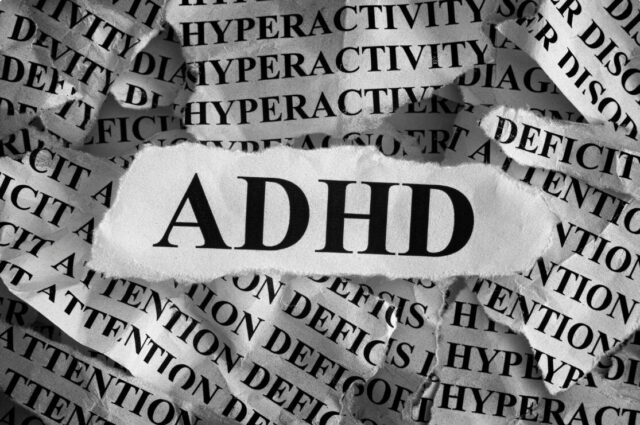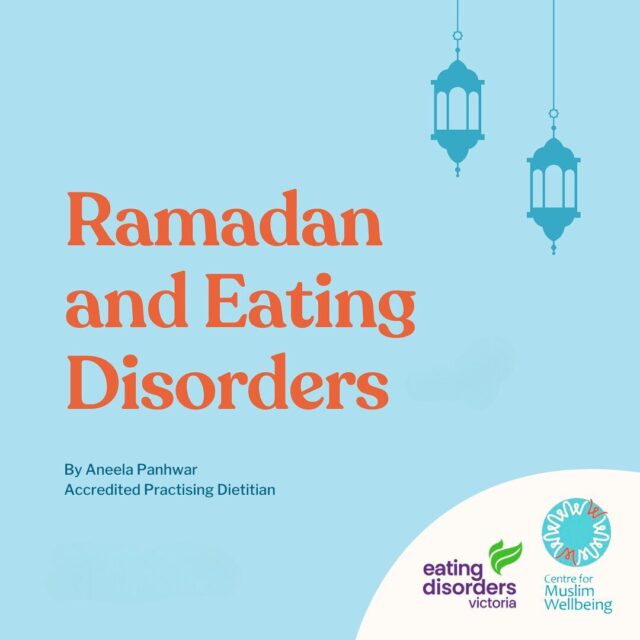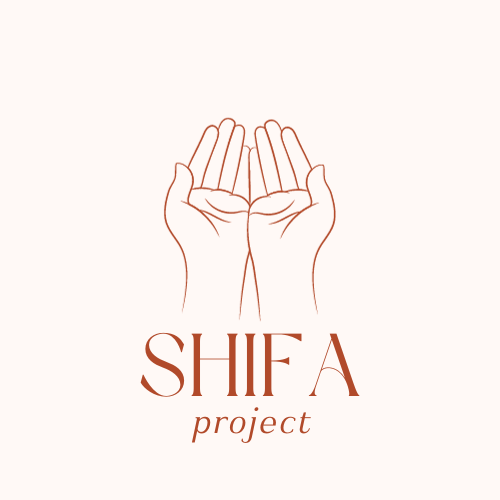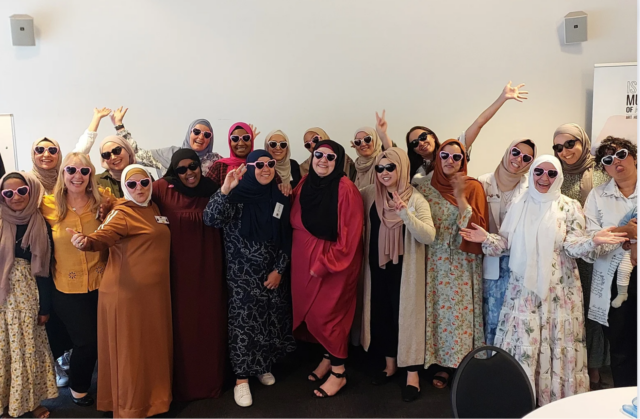In today’s interconnected world, the internet and social media have become powerful tools for sharing information. Recent events in Palestine have led to an inundation of information, images, and videos on various platforms. This overflow and consumption of content often include distressing images and stories, giving rise to the phenomenon of “doom posting” and “doom scrolling”. As mental health professionals, it’s our responsibility to address the emotional impact of this and provide strategies for managing the emotional challenges related to the Palestinian conflict. This blog post will also explore the incorporation of Islamic practices like dua (prayer) and dhikr (remembrance) for overall well-being.
The Phenomenon of Doom Posting & Doomscrolling
Doom posting has emerged as a significant trend in the digital age, particularly in response to global events. This term describes the tendency to excessively share distressing news, alarming content, and heart-wrenching images on social media platforms. Although the initial motivation behind this practice is often to raise awareness, express empathy, and demand justice, it frequently results in individuals becoming trapped in a relentless cycle of exposure to traumatic content. The unintended emotional consequences include heightened feelings of helplessness and despair, which further exacerbates emotional distress. This highlights how even those with good intentions can unintentionally get caught up in the negative effects of information overload. Striking a balance between raising awareness and preserving one’s well-being amid the sea of information on social media is important.
Doom scrolling involves endlessly scrolling through negative news and distressing content on social media platforms. Each swipe delivers an influx of images depicting conflict, suffering, and chaos. This habit of doom scrolling can intensify emotional distress and bring about emotions of helplessness, guilt, and despair. If these emotions go unchecked, they can lead to heightened stress and anxiety. The fast-paced nature of social media, with its constant updates and real-time reporting, magnifies this issue.
The Interplay of Doom Posting and Doom Scrolling: Impact on Mental Health
Doom posting and doom scrolling frequently intertwine, creating a complex dynamic with implications for mental health. For those engaged in doom posting, repeatedly sharing traumatic content can take a toll on their emotional well-being, leading to vicarious trauma and emotional exhaustion.
As for those caught in the cycle of doom scrolling, the constant exposure to distressing content impacts mental health by evoking feelings of helplessness, anxiety, and sadness. Over time, individuals who engage in doom scrolling may experience desensitization to suffering, creating a disconnect from reality.
The interplay between doom posting and scrolling can also have ripple effects on a broader scale, contributing to collective trauma and polarisation. To reduce the negative mental health effects of this interplay, it’s important to emphasise well-being, self-care, and maintaining a balance between raising awareness and preserving personal mental health.
Coping Strategies
Mindful Consumption: Be mindful of the content you consume. Limit your exposure to distressing images and videos and choose reliable news sources and accounts for information.
Emotional Self-Care: Engage in self-care practices. This can include maintaining a routine, practicing relaxation techniques, and engaging in activities that bring joy and relaxation.
Connect with Supportive Communities: Join communities or groups (either online or in person) that focus on constructive discussions and support. These spaces can provide a sense of belonging and shared experiences, which can counteract the isolation often experienced during doom scrolling. Speaking with family members and friends may also be helpful.
Educate Yourself: Invest time in understanding the conflict from various perspectives. This can help you form a more balanced view and make informed decisions about your involvement.
Limit Screen Time: Excessive screen time, especially on social media, can exacerbate emotional distress and doom scrolling tendencies. Set boundaries for the time you spend online and consider digital detoxes to break the cycle.
Incorporating Islamic Practices
For those seeking solace and wellbeing through Islamic practices, consider the following:
1.Dua (Prayer): Engage in dua, heartfelt supplications to seek strength and guidance. “Allahumma innaka ‘afuwwun tuhibbu al-‘afwa fa’fu ‘anni” is a dua that translates to “O Allah, you are the Most Forgiving, and You love forgiveness; so forgive me.” Repeating this dua can provide comfort and a sense of connection with the divine.
2.Thikr (Remembrance): Incorporate thikr into your daily routine. Reciting tasbih (phrases of praise) can help in grounding yourself. The “SubhanAllah” (Glory be to Allah), “Alhamdulillah” (Praise be to Allah), and “Allahu Akbar” (Allah is the Greatest) are common examples.
Dua for Palestine (English):
O Allah, help and protect the people of Palestine. O Allah, ease their pain and suffering. O Allah, bestower of Mercy, bestow your mercy on them. O Allah, open people’s hearts to give in this time of crisis. O Allah, help those who are in need, wherever they may be. Ameen!
You can offer this dua sincerely, asking for divine intervention and assistance in bringing an end to the conflict and alleviating the suffering in Palestine. It’s important to remember that while prayer is a powerful form of support, tangible actions to raise awareness, advocate for justice, and support humanitarian efforts can complement your spiritual supplication for the people of Palestine.
Du’as for anxiety
“Allah is enough for me. There is no true god but Him, in Him I put my trust, and He is the Lord of the Great Throne.” (Hisnul Muslim)
حَسْبِيَ اللَّهُ لَا إِلَهَ إِلَّا هُوَ عَلَيْهِ تَوَكَّلْتُ وَهُوَ رَبُّ الْعَرْشِ الْعَظِيم
Ḥasbiya Allāhu lā ilāha illā huwa ʿalayhi tawakkaltu wa-huwa rabbu al-ʿarshi al-ʿaẓīm.
“To You we complain of our weakness, our failure, our shame before the people. O Most Merciful! You are the Lord of the weak and oppressed.”
إِلَيْكَ نَشْكُو ضَعْفَ قُوَّتِنَا وَقِلَّةَ حِيلَتِنا وَهَوَانَنا عَلَى النَّاسِ، يَا أَرْحَمَ الرَّاحِمِينَ، أَنْتَ رَبُّ المُسْتَضْعَفِينَ
Ilayka nashku da’fa quwwatina, wa qillata heelatina, wa hawanana ‘alan-naas, ya arhamar-rahimeen. Anta rabbul-mustad’afeen.
Professional support
If you find yourself overwhelmed by doom scrolling and its emotional toll or are impacted by the conflict in Palestine (whether that is directly or indirectly), consider reaching out to a mental health professional or counsellor. They can offer guidance and strategies to help you cope. You don’t have to navigate this alone; there are resources and people available to assist you. It’s also important to remember that seeking professional support is a sign of strength, not weakness. You can find a list of supports below:
Crisis support (24/7):
o
Emergency (000)
o
Northern Western Mental Health Triage (1300 874 243)
o
Lifeline (13 11 14)
o
Beyond Blue (1300 22 4636)
o
Suicide Call Back Service (1300 659 467)
o
Kids Helpline – 1800 55 1800
•
CALD resources:
o
Hayat Line (9am to 5pm) – 1300 993 398
o
Centre for Muslim Wellbeing Professional Database: https://cmw.org.au/professionals/ or contact us on +61472668010 Mon-Fri 9am-5pm
o
Muslim Mental Health Professionals – https://mmhp.org.au/2286-2/
o
Islamaphobia registrar – https://islamophobia.com.au/
o
Australian Muslim Women’s Centre for Human Rights – https://amwchr.org.au/our-work/
References:
1.
Smith, R. (2020). The Impact of Social Media Doomscrolling on Well-Being. Journal of Clinical Psychology, 76(1), 1-9.
2.
Al-Krenawi, A., & Slonim-Nevo, V. (2012). Mental Health and Coping Styles among Bedouin Arab Adolescents Exposed to Political Violence. Transcultural Psychiatry, 49(3-4), 485-508.
About the author:
Ghada El Zohbi is a registered Psychologist and a Clinical Psychology Registrar with the Australian Health Practitioner Regulation Agency (AHPRA). Ghada also holds membership with the Australian Psychological Society (APS) and the Victorian Psychologists Association (VPA).
Ghada has a broad range of experience working with clients from diverse backgrounds and lifespans. She is passionate about working with women from a culturally sensitive, trauma-informed, and person-centred approach. Ghada has worked in various mental health roles across public inpatient, community, and forensic settings. You can contact Ghada here: https://northsidewomenswellbeinghub.com.au







